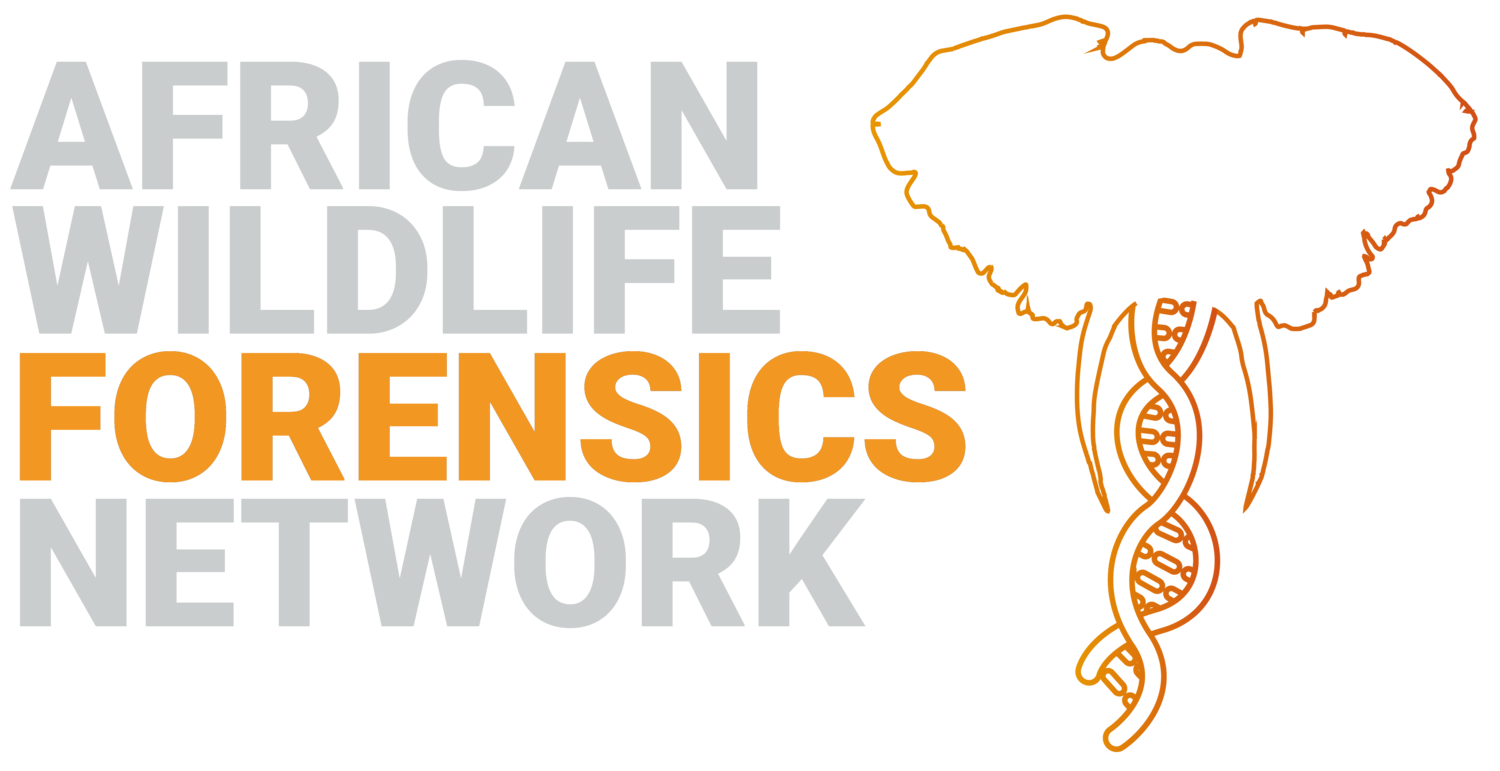
Wildlife Laboratory Analysis
The AWFN Wildlife Laboratory Analysis (WLA) group works to provide support for the wildlife forensic laboratory community across Africa. Their current activities are focused on developing common resources; facilitating laboratory exchanges and progressing the Lion Traceability project.
Laboratory resources
Activities to support wildlife laboratory analysis are currently broken down into five sections. The outputs from these activities will be available on request.
1 | Ongoing gap analysis of resources and services:
To maintain an up-to-date picture of WLA capacity and capabilities, TRACE conducts a country-by-country gap analysis in the SADC region on behalf of the AWFN, enabling rapid assessment of capacity and training needs. The intention is to expand this work geographically and use as the basis for planning future capacity building activities.
3 | Infrastructure requirements
To help labs in the early stages of setting up a wildlife DNA forensic laboratory, the SANBI wildlife forensics lab (RSA) has produced this diagram, highlighting the main features and stages of forensic DNA lab design.
4 | Training curriculum
Awareness training: An activity to produce separate training curricula in WLA awareness for legal and investigative end-users.
General DNA lab training: An activity to produce a general training curriculum to support ongoing capacity building within African wildlife DNA forensic labs.
2 | Quality Assurance (QA)
To support labs in achieving good practice a number of QA resources are being developed by the WLA group:
Quality Manual update: To update the SWFS Quality Manual to account for new ISO17025 and SWFS S&Gs
Validation plan template: A genetic validation template to guide validation planning.
Standardised reporting template: A document describing options and examples for forensic DNA reports.
Proficiency test development: A proficiency test for DNA species ID in Africa.
Guidance on routes to quality compliance: A document describing the process required for labs to achieve compliance with wildlife forensic standards.
CITES procedures for sample transfer: Summary document explaining the expedited movement of casework and reference samples suspected to originate from CITES-listed species.
Lion Traceability – Lion Localizer
Following a lion traceability workshop in November 2018, a number of activities were identified for the development of a coordinated set of protocols for the DNA traceability of lions across the African continent.
Central to this initiative is the creation of a single database of lion DNA data that will allow all countries to access reference data for assigning seized lion samples to their geographic origin.
An online traceability tool (Lion Localizer) has been developed to allow scientists to instantly map their DNA sequences back to geographic location information held within the database.
This initiative builds on initial work conducted under the USAID Wildlife TRAPS programme, and will mirror the successful production of the online Loxodonta localizer web tool that uses the same type of data to trace the origin of African elephant ivory.
A short video with more details about how the Lion Localizer initiative works has been produced (see the accompanying video link).
Lab exchanges
The network supports scientific exchange visits between laboratories within the AWFN to enable knowledge transfer among members. Lab exchanges are an important opportunity for training and exposure to different lab environments and techniques, as well as creating a platform for close collaboration between wildlife forensic scientists.
In addition to exchanges within Africa, the AWFN may also be able to support inter-laboratory exchanges between African and non-African labs to address specific training needs. Thus in 2019, a member of the network was able to benefit from a one-week trip from Zambia to Malaysia. In 2022, six lab exchanges were carried out, including five within Africa (South Africa, Zambia, Tanzania, Uganda, and Senegal) and one out of Africa (between South Africa and the UK).
Explore our work concerning Networking and Wildlife Crime Scene training.
